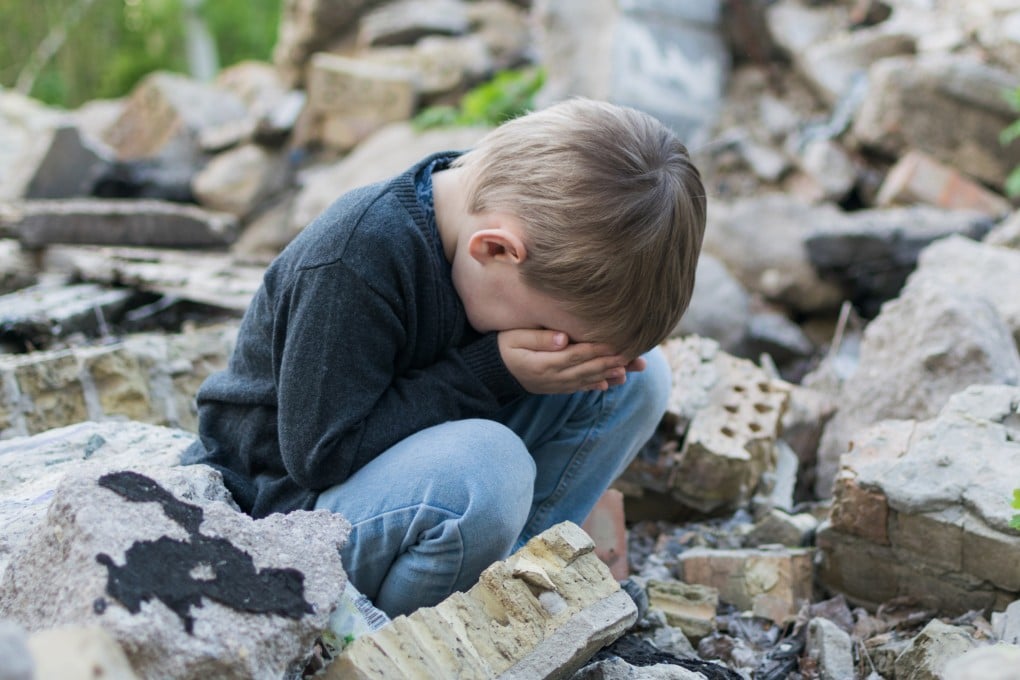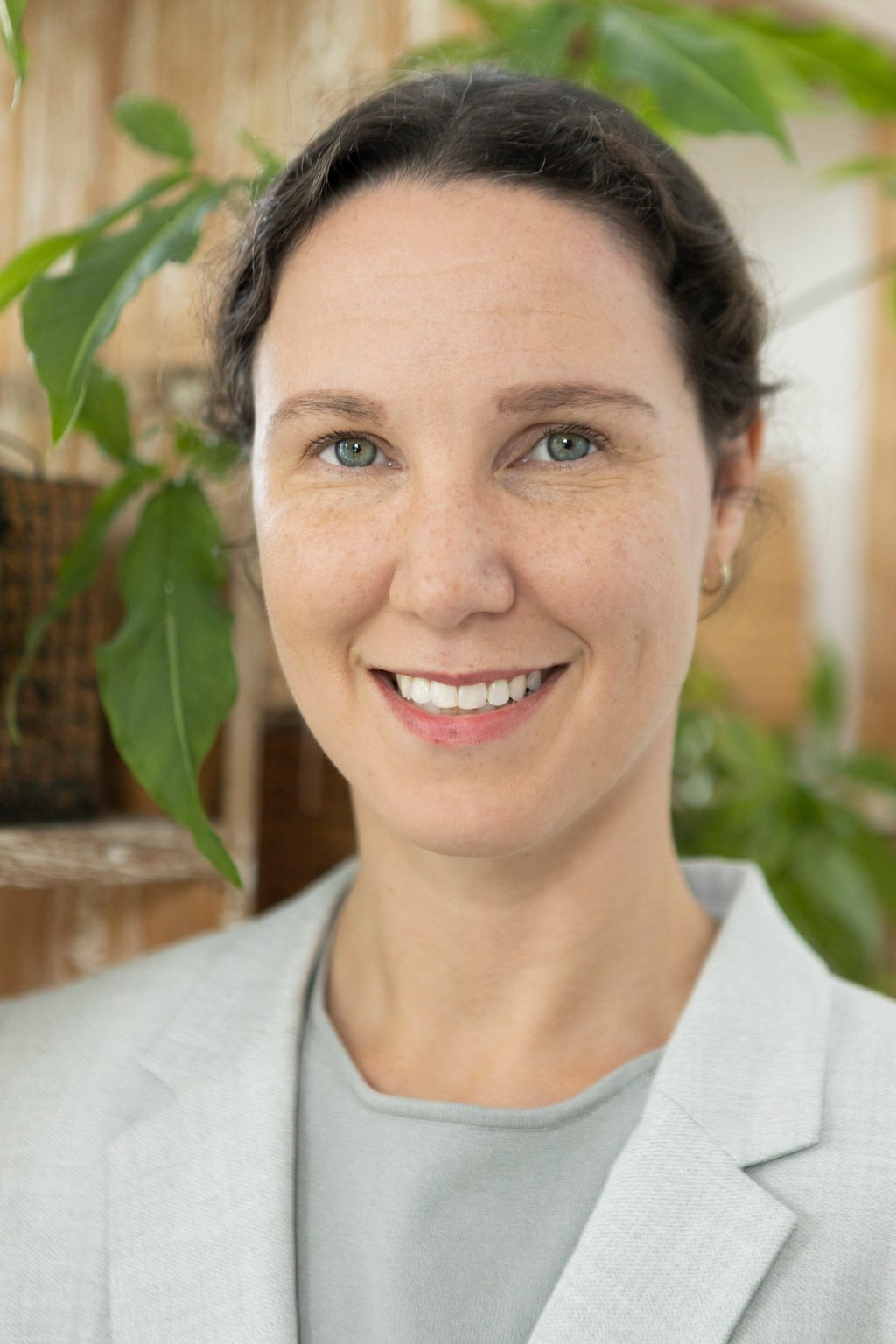What is your ‘inner child’, why it can cause adults problems and how to begin healing
- Jenny says unmet childhood emotional needs caused her burnout as an adult, while a clinical psychologist explains how to heal old wounds

Jenny (not her real name) faced burnout in a string of communication manager roles. She sought the help of a trauma-informed therapist after seeing Instagram posts on “inner child”.
The inner child refers to the child we once were. Hashtags like #innerchild and #innerchildhealing abound on social media – there are more than 1.7 million #innerchild posts on Instagram alone.
Early experiences and relationships with parents and carers can profoundly affect our emotional and psychological well-being as adults.
“Often, the inner child didn’t experience secure attachment,” says Hong Kong-based clinical psychologist Dr Julia Andre, referring to the bond that grows when a carer is emotionally present, responsive and available, giving the child what they need when they need it.

In therapy, Jenny recognised that her childhood emotional needs had gone unmet. Yet, like many others, she grappled with understanding what those needs truly entailed.
